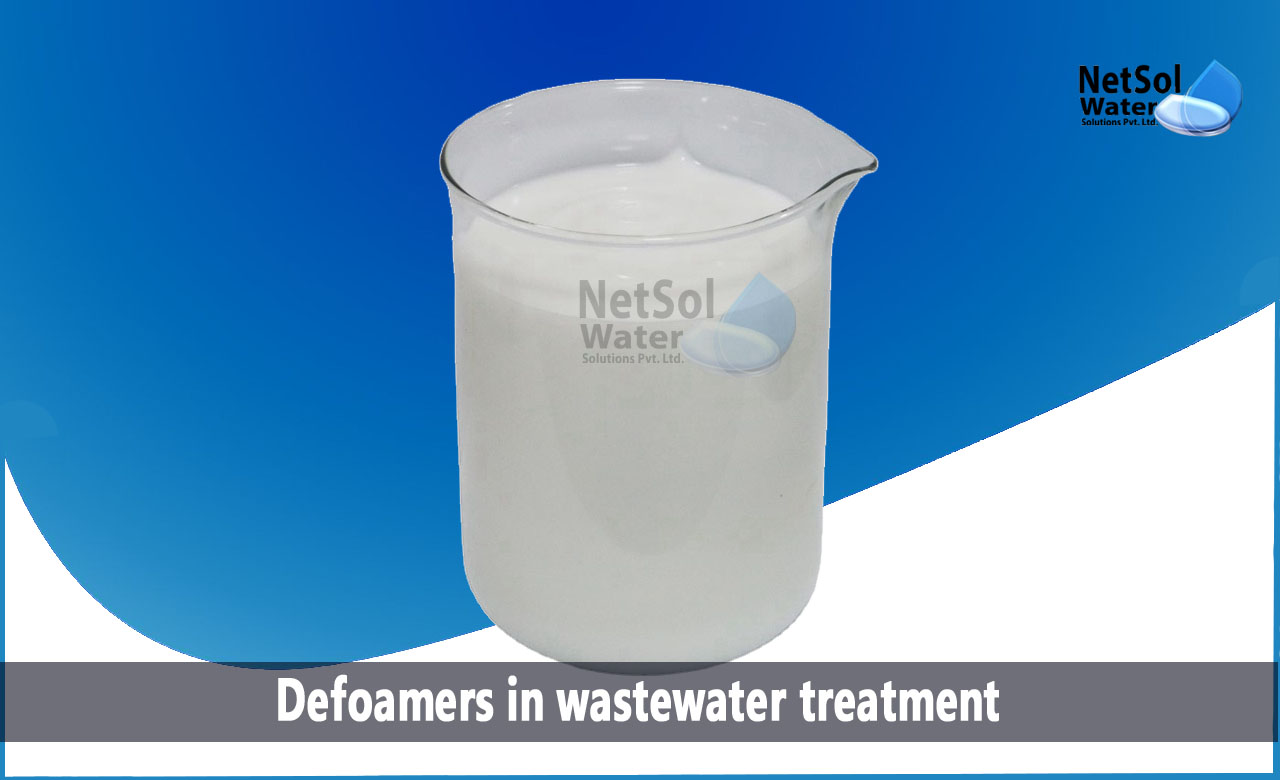Why Defoamers Are Essential in Water Treatment and Waste Management
Why Defoamers Are Essential in Water Treatment and Waste Management
Blog Article
Discover the Leading Advantages of Making Use Of Defoamers in Industrial Processes
The application of defoamers in commercial procedures presents a variety of engaging benefits that can boost operational efficiency and item quality. By effectively managing foam manufacturing, these representatives not only enhance product circulation yet likewise add to substantial expense reductions and enhanced sustainability. The effects of adopting defoamers might be more extensive than originally regarded.
Boosted Process Effectiveness
Enhancing industrial processes typically involves addressing frothing concerns, which can hinder operational effectiveness. Foam formation can disrupt the appropriate functioning of tools, decrease the reliable utilization of resources, and complicate the monitoring of critical parameters. By implementing defoamers, sectors can efficiently minimize these problems, causing streamlined procedures and boosted efficiency.
Defoamers work by destabilizing the foam structure, enabling for rapid collapse and considerable reduction in foam quantity. This activity not just improves the flow of materials with devices, such as pipes, reactors, and mixers, however additionally lessens disturbances brought on by foam overflow. Devices downtime is minimized, allowing for a much more reliable and constant manufacturing procedure.
Additionally, the use of defoamers can result in reduced power intake. With much less foam to take care of, compressors and pumps can run more efficiently, leading to reduced operational prices and a general enhancement in process throughput. Ultimately, the critical use defoamers not only addresses immediate frothing challenges yet also adds to a much more reliable commercial ecological community, cultivating an affordable benefit in a demanding market.
Improved Product Top Quality
The integration of defoamers in industrial procedures plays an important function in enhancing item top quality. By successfully managing foam formation, defoamers add to the consistency and uniformity of end products. Too much foam can cause oygenation, which adversely impacts the appearance and security of formulas, specifically in markets such as food and beverages, pharmaceuticals, and finishings.

Furthermore, defoamers promote better blending and dispersion of ingredients, causing homogeneity in formulas. This is crucial in applications where exact ingredient proportions are essential for efficiency and security. Furthermore, the elimination of foam can lower the danger of contamination throughout production, more protecting item integrity.
Eventually, by improving item quality, defoamers not just improve customer contentment yet additionally strengthen brand reputation. Their duty in preserving high-grade requirements emphasizes their importance in modern industrial processes.
Cost Decrease Benefits
Executing defoamers in industrial processes can cause substantial expense decrease advantages. By properly managing foam formation, defoamers reduce item loss throughout manufacturing, thus maximizing product use. This decrease in waste converts directly into lower resources costs, enhancing overall operational effectiveness.
Moreover, the usage of defoamers can lower power consumption. Extreme foam can hinder devices efficiency, causing enhanced energy demands to keep manufacturing levels. By minimizing foam, defoamers assist in smoother procedures, enabling equipment to run extra effectively and minimizing energy expenditures.

In addition, defoamers can reduce handling times. Foam can create added obstacles that lengthen production cycles. By making use of defoamers, markets can enhance their procedures, causing faster turn-around times and enhanced throughput. This efficiency not only increases production but also permits companies to fulfill market needs extra swiftly.

Environmental Effect Mitigation
In commercial processes, the usage of defoamers plays a vital function in mitigating environmental impacts connected with foam generation. Foam can result in significant functional inadequacies, leading to raised exhausts and waste generation. By successfully regulating foam, defoamers assist keep process performance, therefore reducing the overall environmental impact of procedures.
Furthermore, excessive foam can overflow containment systems, causing spills that may contaminate soil and water sources. Defoamers help lessen this risk by making certain that lathering does not go beyond recommended limitations, promoting compliance with environmental regulations. This proactive strategy not just safeguards ecological communities yet additionally boosts the sustainability of commercial practices.
In addition, making use of defoamers can lower power intake in various procedures. defoamers. Minimizing foam formation diminishes the requirement for additional energy-intensive actions, such as raised anxiety or pumping, which may or else be required to take care of foam. Consequently, the adoption of defoamers aligns with broader sustainability goals by promoting energy performance while minimizing the carbon impact of industrial activities.
Eventually, incorporating defoamers into industrial procedures is a critical action that sustains ecological stewardship and accountable source monitoring.
Convenience Throughout Industries
Throughout numerous sectors, defoamers demonstrate impressive versatility, adjusting to the details needs of diverse applications. In the food and drink market, for example, defoamers are important to maintaining product top quality by protecting against foam formation during processing, which can impact appearance and flavor. In the pharmaceutical industry, defoamers make sure the security of formulas, boosting item efficiency and uniformity.
In the chemical production realm, defoamers facilitate smoother procedures by decreasing foam in response vessels, hence enhancing return and decreasing downtime. The paper and pulp sector relies upon defoamers to boost the efficiency of pulp handling and paper production, ensuring ideal product integrity. Additionally, in wastewater therapy facilities, defoamers play a vital duty in controlling foam throughout oygenation procedures, bring about enhanced treatment results.
The flexibility of defoamers prolongs to the oil and gas market, where they assist in handling foam in drilling liquids and production procedures. By tailoring formulas to fulfill specific sector requirements, defoamers act as essential devices that enhance functional efficiency, product high quality, and general process efficiency across a plethora of fields. Their adaptability emphasizes their value in modern industrial applications.
Final Thought
In final thought, the utilization of defoamers in industrial procedures offers numerous advantages, consisting of improved efficiency, improved product high quality, substantial expense decreases, and favorable environmental influences. The this post combination of Learn More Here defoamers represents a critical method to resolving challenges connected with foam administration in numerous manufacturing environments.
Eventually, the critical usage of defoamers not just addresses instant frothing difficulties however likewise adds to a more efficient industrial environment, cultivating a competitive benefit in a demanding market.
In industrial processes, the usage of defoamers plays a critical role in mitigating environmental impacts associated with foam generation. By successfully managing foam, defoamers assist preserve process performance, consequently decreasing the total environmental footprint of procedures.
Furthermore, in wastewater therapy centers, defoamers play an important duty in regulating foam throughout oygenation procedures, leading to improved therapy end results.

Report this page